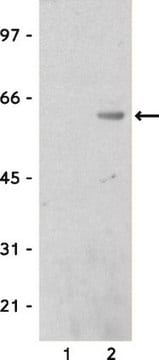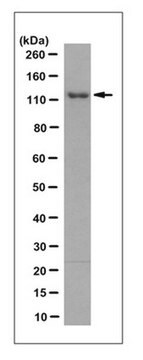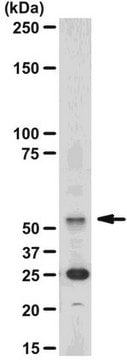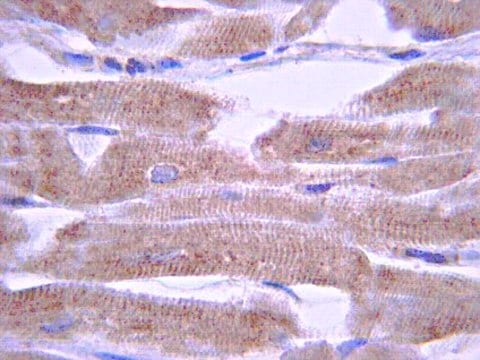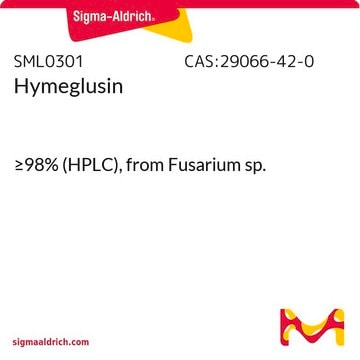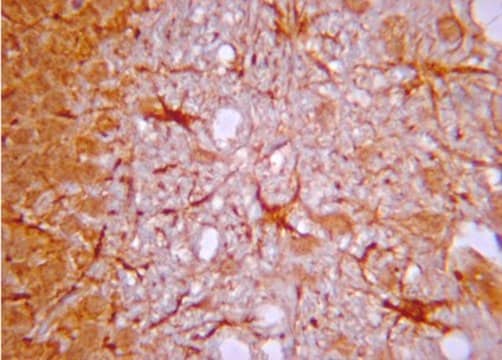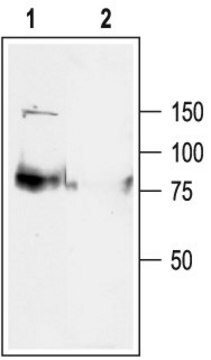05-932
Anti-Calmodulin Binding Protein Epitope Tag Antibody, clone C16T, rabbit monoclonal
clone C16T, Upstate®, from rabbit
About This Item
Productos recomendados
biological source
rabbit
Quality Level
antibody form
purified immunoglobulin
antibody product type
primary antibodies
clone
C16T, monoclonal
species reactivity
vertebrates
manufacturer/tradename
Upstate®
technique(s)
western blot: suitable
isotype
IgG
shipped in
dry ice
target post-translational modification
unmodified
Gene Information
human ... CALM1(801)
Specificity
Immunogen
Application
Epitope Tags & General Use
Epitope Tags
Quality
Target description
Physical form
Storage and Stability
Analysis Note
Samples containing the calmodulin binding protein epitope tag.
Other Notes
Legal Information
Disclaimer
¿No encuentra el producto adecuado?
Pruebe nuestro Herramienta de selección de productos.
Storage Class
10 - Combustible liquids
wgk_germany
WGK 1
Certificados de análisis (COA)
Busque Certificados de análisis (COA) introduciendo el número de lote del producto. Los números de lote se encuentran en la etiqueta del producto después de las palabras «Lot» o «Batch»
¿Ya tiene este producto?
Encuentre la documentación para los productos que ha comprado recientemente en la Biblioteca de documentos.
Nuestro equipo de científicos tiene experiencia en todas las áreas de investigación: Ciencias de la vida, Ciencia de los materiales, Síntesis química, Cromatografía, Analítica y muchas otras.
Póngase en contacto con el Servicio técnico